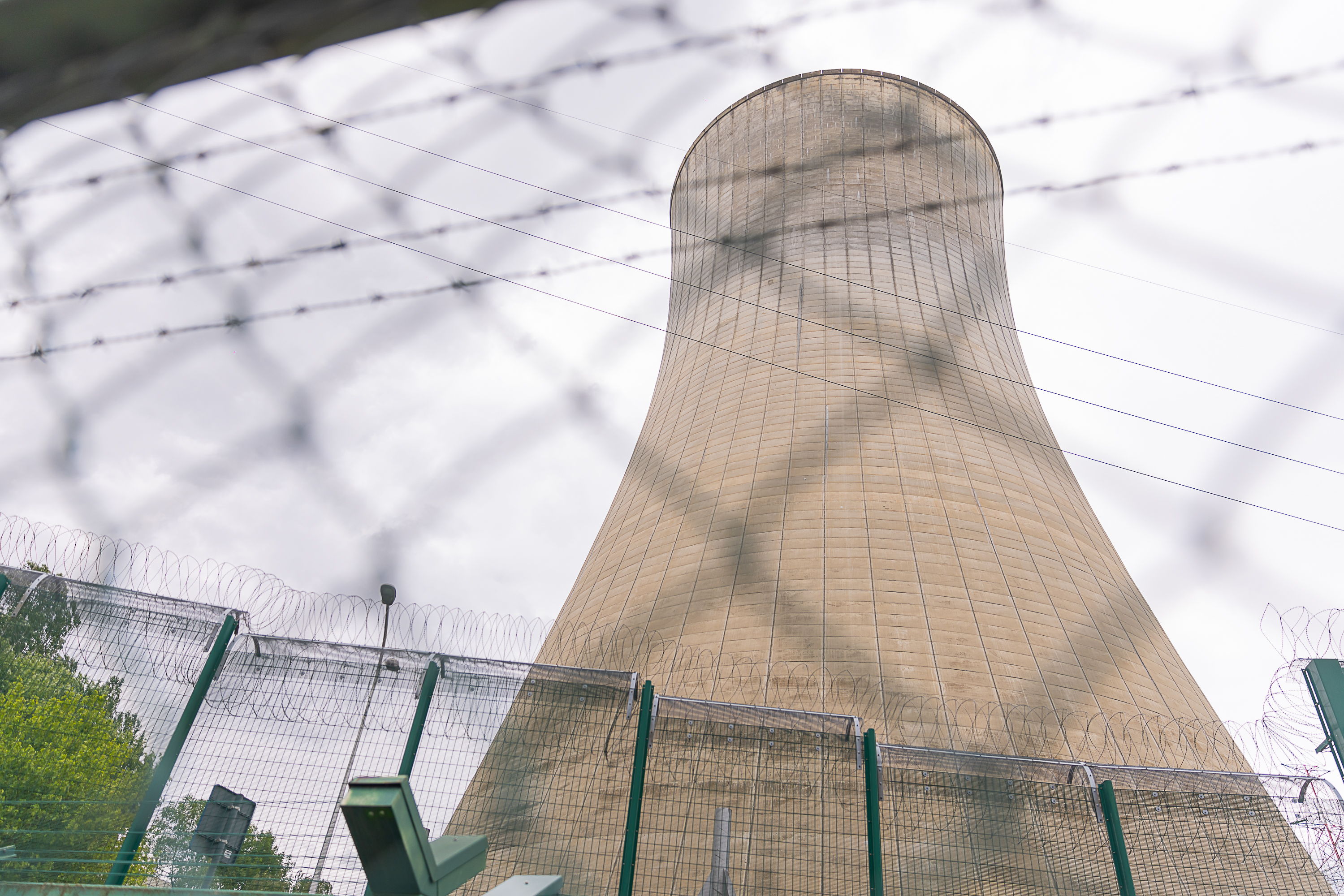Chamber approves life extension of youngest nuclear reactors

The plenary chamber on Thursday approved the life extension of Belgium’s youngest nuclear reactors by 10 years. The decision requires Doel 4 and Tihange 3 to close by the end of 2037 at the latest.
The Doel 4 and Tihange 3 reactors, the newest of Belgium's seven reactors, were originally scheduled to shut down in 2025. Their permanent closure was included in the government’s coalition agreement, although that text left the door ajar for a possible life extension.
The shutdown was a particularly important demand of the green parties Ecolo and Groen but the war in Ukraine and rising energy prices forced them to agree to the 10-year life extension.
There were four bills on the Chamber's agenda. These bills not only dealt with the adaptation of the 2003 law on the nuclear exit, but also with texts concretising the agreement between the Belgian state and operator Engie. The texts also allow for the creation of Hedera, the public institution that will handle the financial management of nuclear liabilities and the control of expenditure. The four texts were voted on differently: some received more support from the opposition than others.
This decision doesn't end the debate, however, as several parties from both the majority and opposition made it clear that the measures should go further. Several parties favour a 20-year extension, but this challenge is left to the next government, after the elections in June. The same goes for further amending the law to pave the way for the construction of small modular reactors or SMRs, small reactors that can be deployed more efficiently and flexibly according to proponents.
Tihange nuclear cooling tower © BELGA PHOTO POOL SERCH CARRIERE